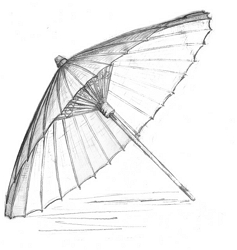‘I’m babysitting,’ someone said.

‘I’m catsitting today,’ said another.
‘They’re dogsitting,’ they added.
I struggle to keep my face straight when hearing these expressions.
When I first came across the phrase ‘babysitting,’ I was in middle school. I immediately conjured up the image of a large woman sitting on a tiny crying baby. I thought that’s what English people do to shut the screaming baby up. But my untamed assumption was soon put right when our teacher told us the meaning of the word. Unfortunately, the image of the large woman sitting on a baby stayed resolutely stuck with the phrase in my mind even to this day. In fact, with the addition of the phrases ‘catsitting’ and ‘dogsitting,’ the image became even more vivid when the sat-on baby was fleetingly replaced by a scrawny cat or a scraggy dog. Unlike the baby, the cat and the dog can’t cry. They just look cross-eyed.
Just when I have managed to say or hear these words without having to suppress snorts of giggles, into my vocabulary was introduced the baffling ‘baby shower.’ Again, I thought it was an event where women stand around taking turn in holding the baby under the running shower. The poor baby would come out soaking wet and not very pleased. I thought it was a replacement baptism for atheists. But a colleague at work explained to me that it has nothing to do with a shower and it was a hen-do celebration of the approaching birth of a baby, a tradition we got infected with from America. I was surprised to learn that the party doesn’t even have to include a crying out-of-the womb baby. Instead the party would involve women who are invited only for their closeness to the pregnant lady and possibly for their gift-giving capacity.
Adding to my collection of colloquial British English, I remembered a time when I thought that schools in the UK often hold ‘bug days’ when they banish all pupils so that teachers can sit around and inspect the captured insects in glass jars. It took me a while to learn that it was ‘inset day’, not ‘insect day’ and it was for teacher training.
There are times even when I know the meaning of an informal expression, I still get it the wrong way round. I once read a job description aloud to my adopted dad and engaged excitedly in a dialogue.
‘That sounds brilliant! It’s all over me!’
My dad gave me a drawn out look with his tired long-suffering eyes, raised his grey eyebrows and broke into an understanding smile.
‘You mean it’s you all over?’
